Switching to biofuels offers significant advantages for both the economy and the environment. As a renewable energy source, biofuels help reduce greenhouse gas emissions, lower dependence on fossil fuels, and promote energy security. Additionally, the biofuel industry creates jobs and stimulates rural economies. In this article, we’ll explore 15 key benefits driving the adoption of biofuels, highlighting their positive impact on our planet and economic growth.
Contents
Reduces Greenhouse Gas Emissions

Biofuels emit significantly fewer greenhouse gases compared to fossil fuels. This reduction is primarily due to the lower carbon content in biofuels and their ability to absorb CO2 during their growth phase. This dual benefit helps mitigate climate change and global warming, making biofuels an essential component in achieving emission reduction targets.
Lowers Air Pollution

Biofuels produce fewer harmful emissions like carbon monoxide, sulfur oxides, and particulate matter compared to traditional fossil fuels. This reduction in air pollutants leads to better air quality, which is crucial for public health and environmental protection. Cleaner air can reduce respiratory diseases and other health problems associated with pollution.
Promotes Energy Security
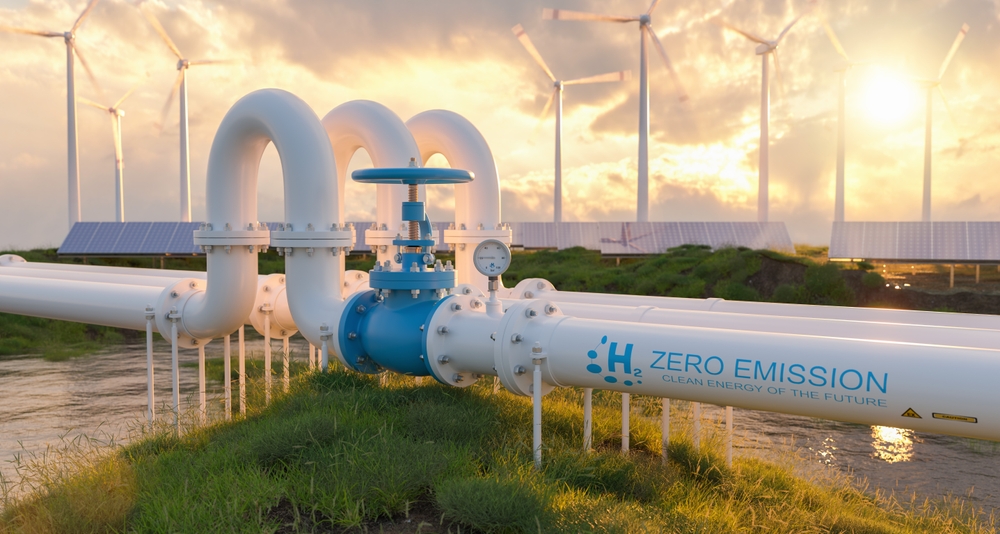
By decreasing reliance on imported oil, biofuels enhance national energy security. Producing energy locally reduces the risks associated with geopolitical tensions and supply chain disruptions. This increased self-sufficiency ensures a stable energy supply, which is vital for economic stability and growth.
Supports Rural Economies

Biofuel production creates jobs and stimulates economic growth in rural areas. Farmers and local businesses benefit from the increased demand for biofuel crops and related services. This economic boost can lead to improved infrastructure, higher incomes, and better quality of life in rural communities.
Reduces Dependency on Fossil Fuels

Biofuels provide a sustainable alternative to non-renewable fossil fuels. This shift reduces the global dependency on oil, coal, and natural gas, which are finite resources. By diversifying the energy mix, biofuels help ensure long-term energy sustainability and security.
Creates Green Jobs

The biofuel industry generates employment opportunities in various sectors, including agriculture, research, production, and distribution. These green jobs contribute to economic growth and provide workers with sustainable career options. The expansion of the biofuel sector can lead to a more resilient and diversified job market.
Utilizes Waste Products
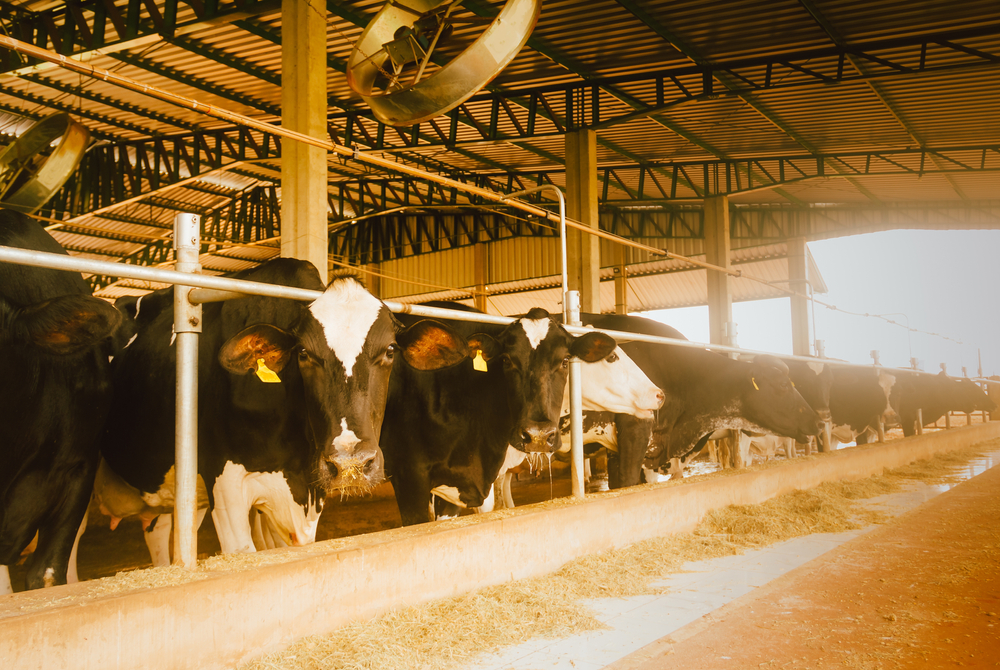
Biofuels can be produced from agricultural residues, waste oils, and other by-products, turning waste into valuable energy. This process not only reduces waste but also lowers the environmental impact associated with waste disposal. Utilizing waste for biofuel production promotes a circular economy and resource efficiency.
Encourages Sustainable Farming Practices
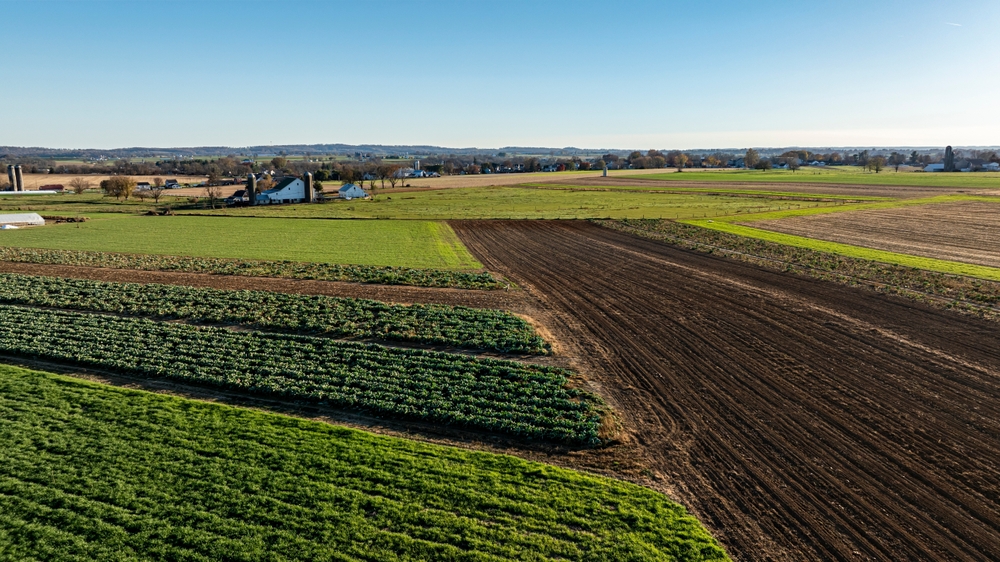
The demand for biofuel crops can promote more sustainable agricultural practices and land use. Farmers may adopt crop rotation, cover cropping, and other techniques that improve soil health and reduce environmental degradation. Sustainable farming practices contribute to long-term agricultural productivity and environmental conservation.
Improves Engine Performance

Biofuels can enhance engine efficiency and reduce maintenance costs by providing cleaner combustion. The cleaner burn of biofuels leads to fewer deposits and less wear on engine components, resulting in longer engine life and better performance. This improvement in engine health can lower operational costs for vehicle owners.
Stimulates Technological Innovation

The biofuel industry drives research and development in renewable energy technologies. Innovations in biofuel production, such as advanced biofuels and more efficient conversion processes, can lead to lower costs and higher energy yields. These technological advancements contribute to the overall progress of the renewable energy sector.
Decreases Soil Contamination

Biofuel production processes often involve crops that can help remediate contaminated soils. Certain biofuel crops, such as switchgrass and poplar trees, have the ability to absorb heavy metals and other pollutants from the soil. This phytoremediation process improves soil health and reduces environmental hazards.
Reduces Acid Rain
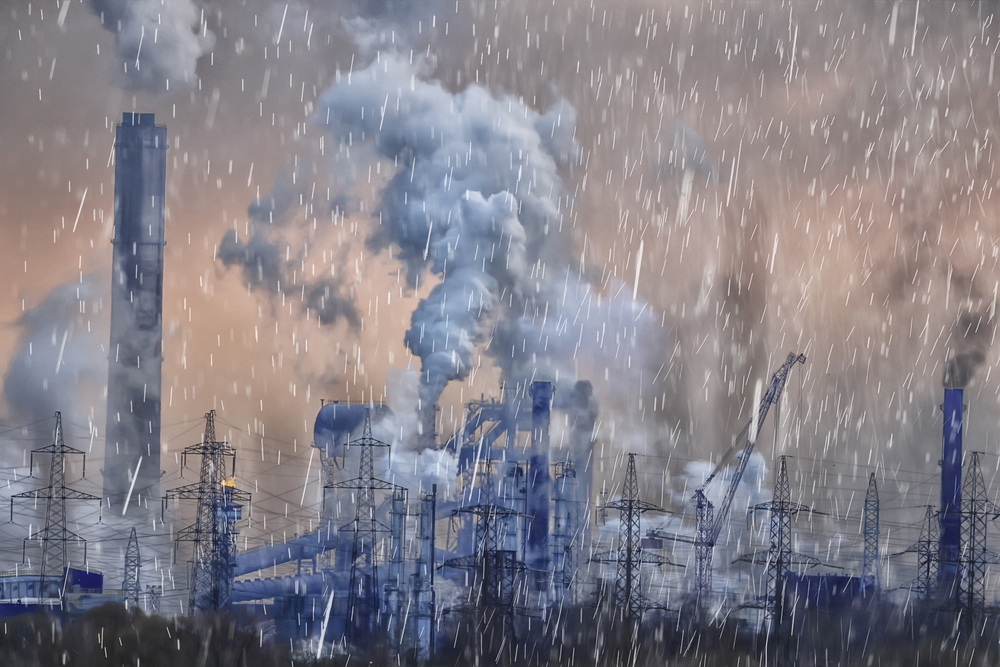
Lower sulfur content in biofuels reduces the incidence of acid rain. Acid rain, caused by sulfur dioxide and nitrogen oxides, can damage ecosystems, buildings, and human health. By using biofuels with lower sulfur emissions, we can protect the environment and reduce the harmful effects of acid rain.
Provides Energy Diversity
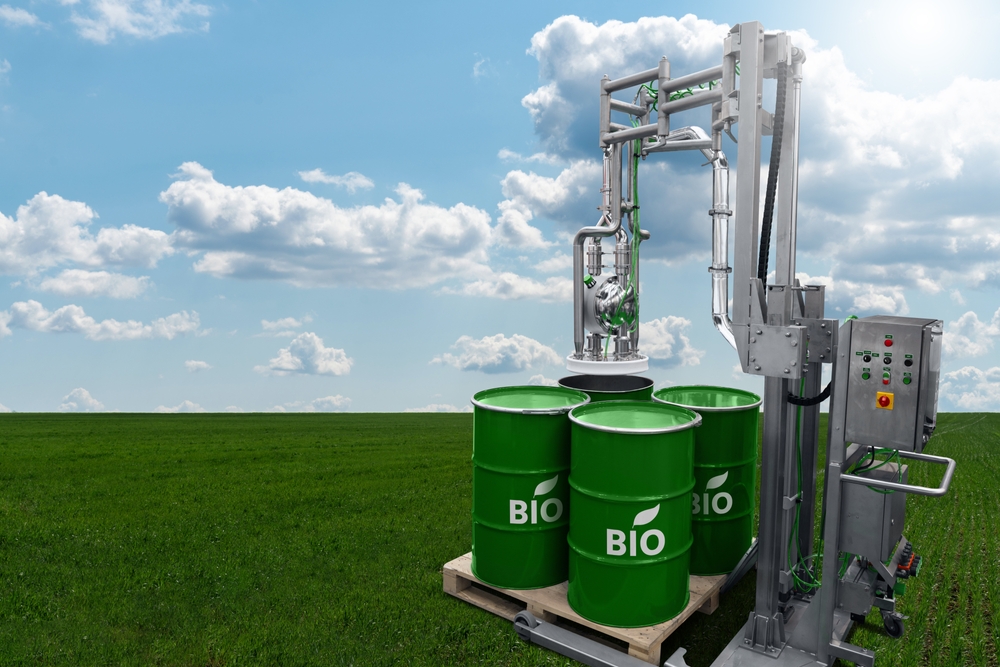
Biofuels contribute to a more diverse and resilient energy portfolio. Diversification reduces the risk of energy supply disruptions and price volatility. By incorporating biofuels into the energy mix, countries can enhance their energy security and ensure a stable and reliable energy supply.
Enhances Energy Accessibility
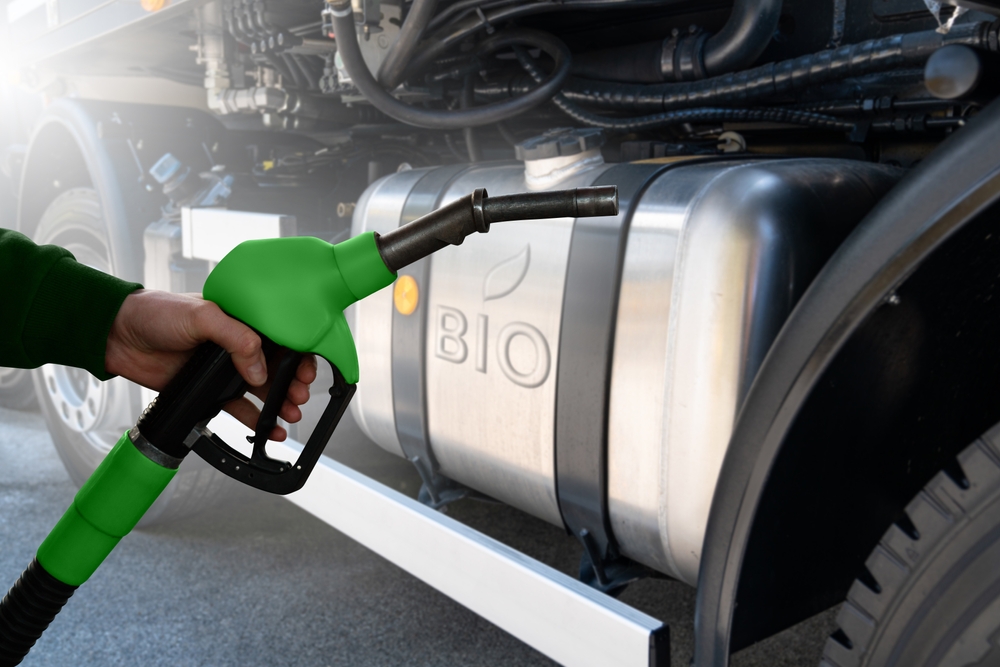
Biofuels can be produced locally, increasing energy access in remote and underdeveloped regions. Local production reduces the need for extensive energy infrastructure and transportation, making energy more accessible and affordable. This improved energy access can drive economic development and improve living standards.
Supports Carbon Sequestration

Some biofuel crops capture and store carbon dioxide, helping mitigate climate change. Perennial biofuel crops like switchgrass and miscanthus have deep root systems that sequester carbon in the soil. This carbon sequestration process helps offset greenhouse gas emissions and enhances soil health.
This article originally appeared in MyCarMakesNoise.
More from MyCarMakesNoise
23 Fastest V8 Pickups Trucks Ever Made

When it comes to pickup trucks, power and speed are often at the top of the wish list. For those who crave adrenaline and performance, V8 engines deliver the ultimate experience. Read More
Avoid These 15 Dangerous Car Maintenance Errors

Maintaining your car properly is essential for its performance and your safety. However, even the most diligent car owners can make mistakes. Read More
18 Must-Know Red Flags Before Buying a Used Car

Buying a used car can be a great way to save money, but it also comes with its risks. To help you avoid making a costly mistake, we’ve compiled a list of 18 must-know red flags to watch out for. Read More














